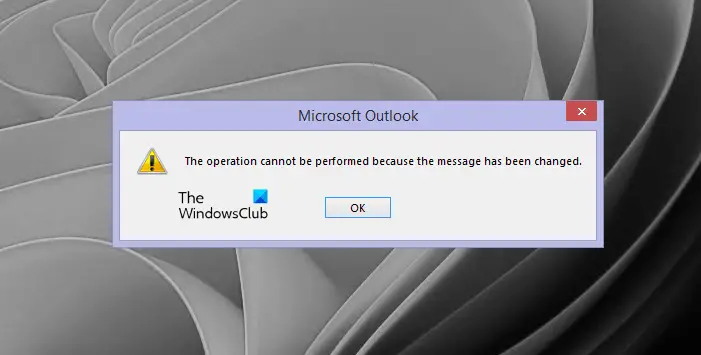The latest information about Operation Cannot Be Performed Because The Object Has Been Deleted that you need can be found in this article, all of which we have summarized well.

The Error: “Operation Cannot Be Performed Because the Object Has Been Deleted”
As I sat there, staring at the dreaded error message on my screen, I felt a sense of frustration creeping in. I had been diligently working on an important project when the software abruptly crashed, leaving me with a blank canvas and a gnawing uncertainty about the fate of my unsaved work. After numerous attempts to recover the file, I was met with the same disheartening message: “Operation cannot be performed because the object has been deleted.” It was a moment of despair, as if a piece of my digital life had vanished into thin air.
Understanding the Deleted Object Error
When you encounter the “Operation cannot be performed because the object has been deleted” error, it typically means that the file or data you are trying to access has been removed from the system or is no longer available. This can occur for a variety of reasons, such as:
- Accidental deletion: You may have mistakenly deleted the file or data without realizing it.
- Software malfunction: A software crash or bug may have caused the file or data to be corrupted or deleted.
- Security breach: A virus or malware attack could have targeted and deleted specific files or data.
Consequences and Implications of Deleted Objects
The consequences of deleted objects can range from minor inconveniences to significant setbacks, depending on the nature of the lost data. For instance, if you lose a personal photo or a simple document, it may not be a major issue. However, if you lose important business files, financial records, or sensitive project data, the implications can be far-reaching.
- Loss of productivity: Deleted files can disrupt your workflow and cause delays in completing tasks, leading to lost time and resources.
- Financial implications: In the case of lost financial data, it can hinder accounting, tax filing, and other crucial financial processes.
- Legal repercussions: If deleted data includes sensitive or confidential information, it could create legal liabilities and compliance issues.
Strategies for Recovering Deleted Objects
While it may not always be possible to recover deleted objects, there are several strategies you can explore to increase your chances of success:
File recovery software: Utilize specialized file recovery software that scans your system for deleted files and attempts to restore them.
Data backup: Regularly back up your important files and data to an external drive or cloud storage service. This ensures that you have a copy of your data in case of accidental deletion or system failures.
Contact tech support: If you are unable to recover the deleted objects using the above methods, consider contacting the manufacturer of the software or device for assistance.
Tips and Expert Advice for Preventing Future Deletions
- Cultivate good data hygiene: Establish a regular backup schedule and store your backups in a secure location.
- Be mindful of file handling: Double-check before deleting files, especially if they are important or sensitive.
- Utilize a recycle bin or trash folder: Enable the recycle bin or trash folder to provide an additional layer of protection against accidental deletions.
- Educate users: Remind users of the importance of proper data management and the consequences of deleting files without authorization.
- Implement software protection: Use software that automatically backs up files or provides version control to minimize the risk of losing data due to accidental deletions.
Frequently Asked Questions (FAQs)
Q: How can I prevent my files from being accidentally deleted?
A: Implement good data hygiene practices, such as regular backups and using a recycle bin or trash folder. Additionally, educate users on proper file handling and the consequences of accidental deletions.
Q: What should I do if I accidentally delete an important file?
A: If you have a recent backup, restore the file from the backup. Alternatively, use file recovery software to attempt to recover the deleted file.
Q: Is it possible to recover files that have been permanently deleted?
A: Recovering permanently deleted files can be challenging but not impossible. Specialized data recovery software may be able to restore them, depending on the circumstances of the deletion.
Conclusion
The error message “Operation cannot be performed because the object has been deleted” can be a frustrating experience, but understanding the causes and implications can help you minimize the impact and prevent future data loss. By adopting good data hygiene practices, utilizing data recovery software, and educating users, you can safeguard your files and ensure the smooth continuation of your work. If you are interested in learning more about data recovery or preventive measures, I encourage you to explore reputable online resources and consult with experts in the field.

Image: toggen.com.au
You have read an article about Operation Cannot Be Performed Because The Object Has Been Deleted. Thank you for visiting our website and taking the time to read. We hope you benefit from Operation Cannot Be Performed Because The Object Has Been Deleted.